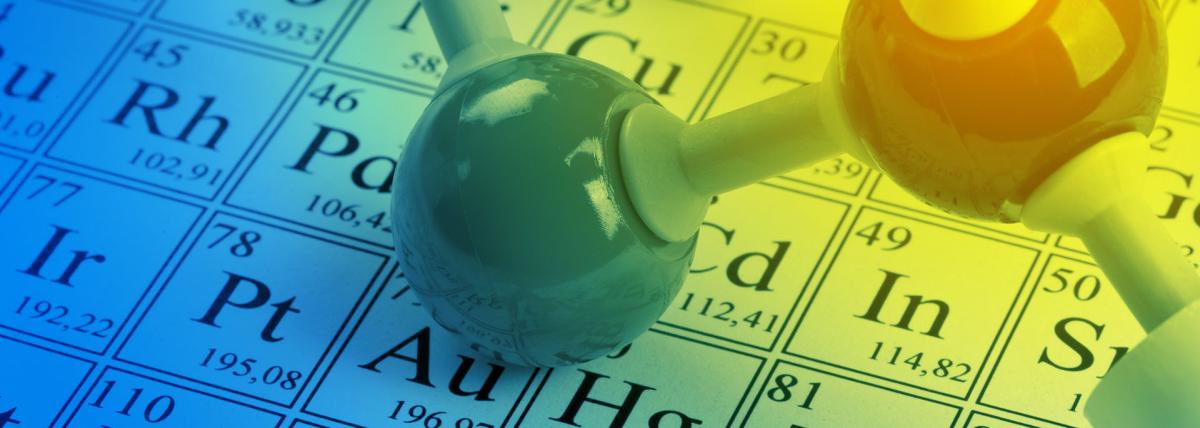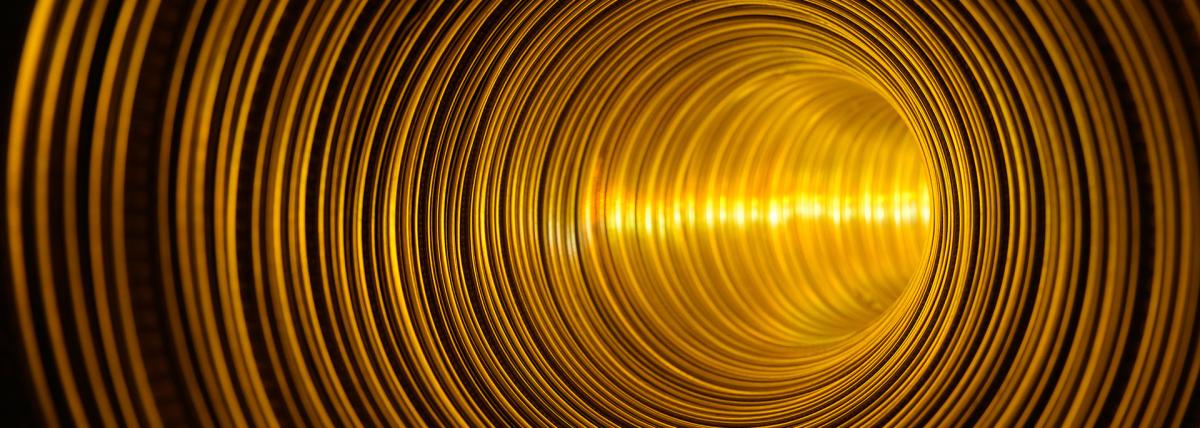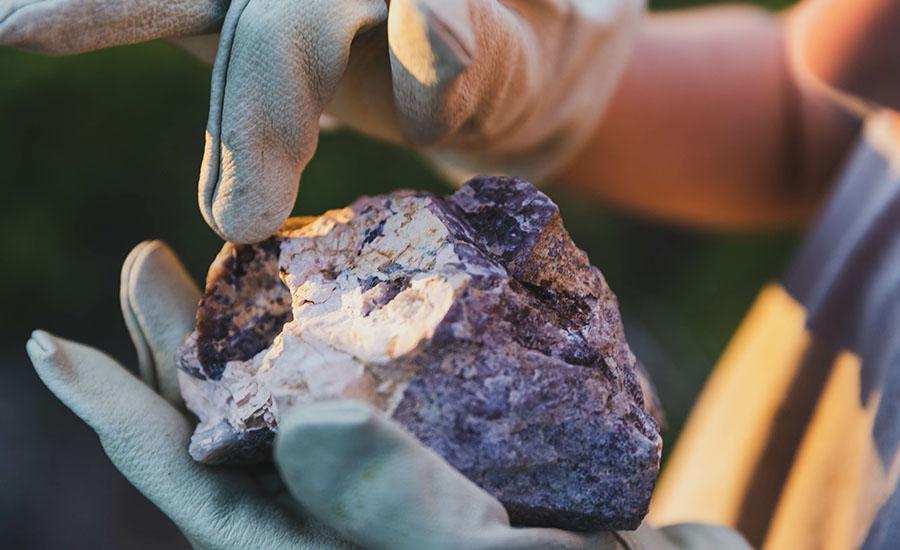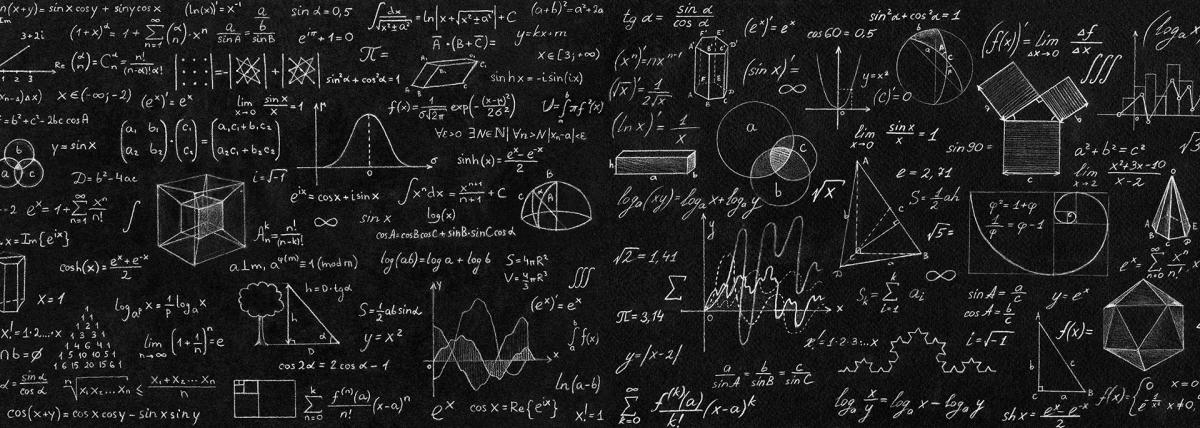
Grades:
5th Grade
Summary: Today we will observe and test five known mystery powders, identify examples of physical and chemical reactions to determine who committed the crime. Materials: 6 teaspoons or small spoons








Students will be creating their own testing station for sound waves! Each group will get 5 glasses and will put a different amount of water in each of the glasses. Then the students will tap the glass

Students will better understand gas, liquid, and solid states of matter through hands-on learning stations and a create-a-toy design challenge.